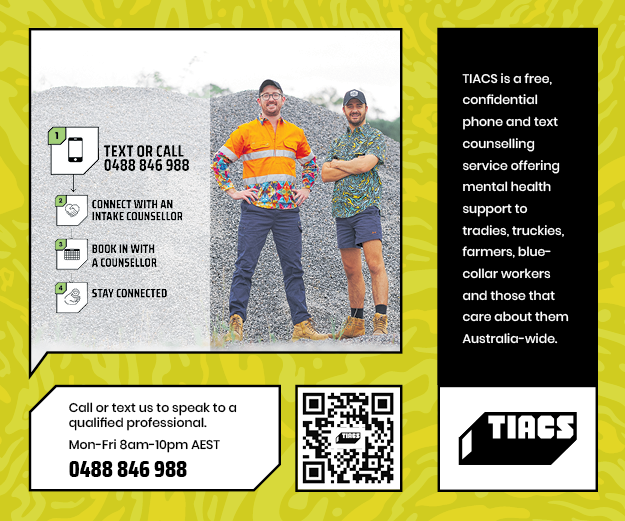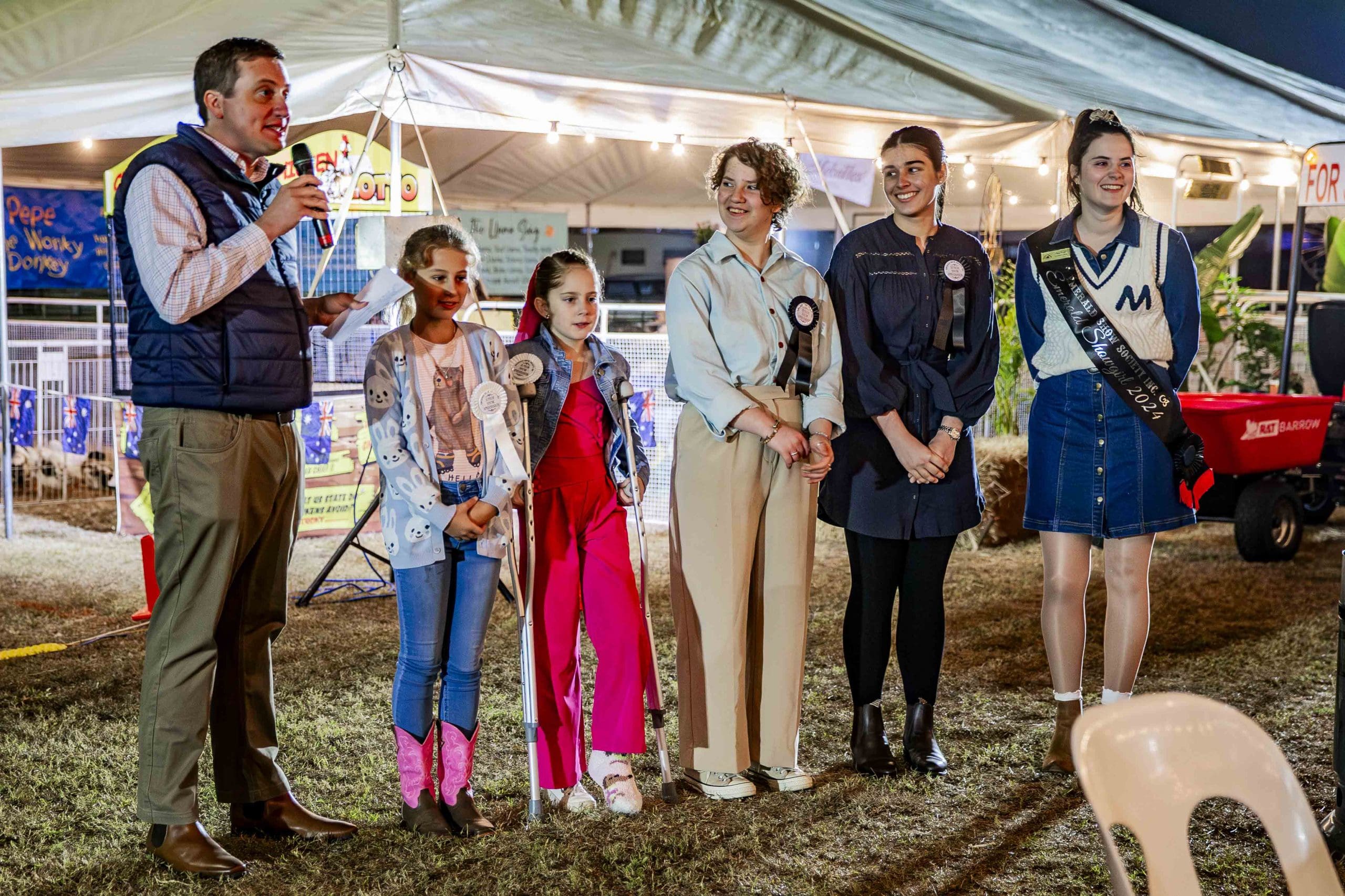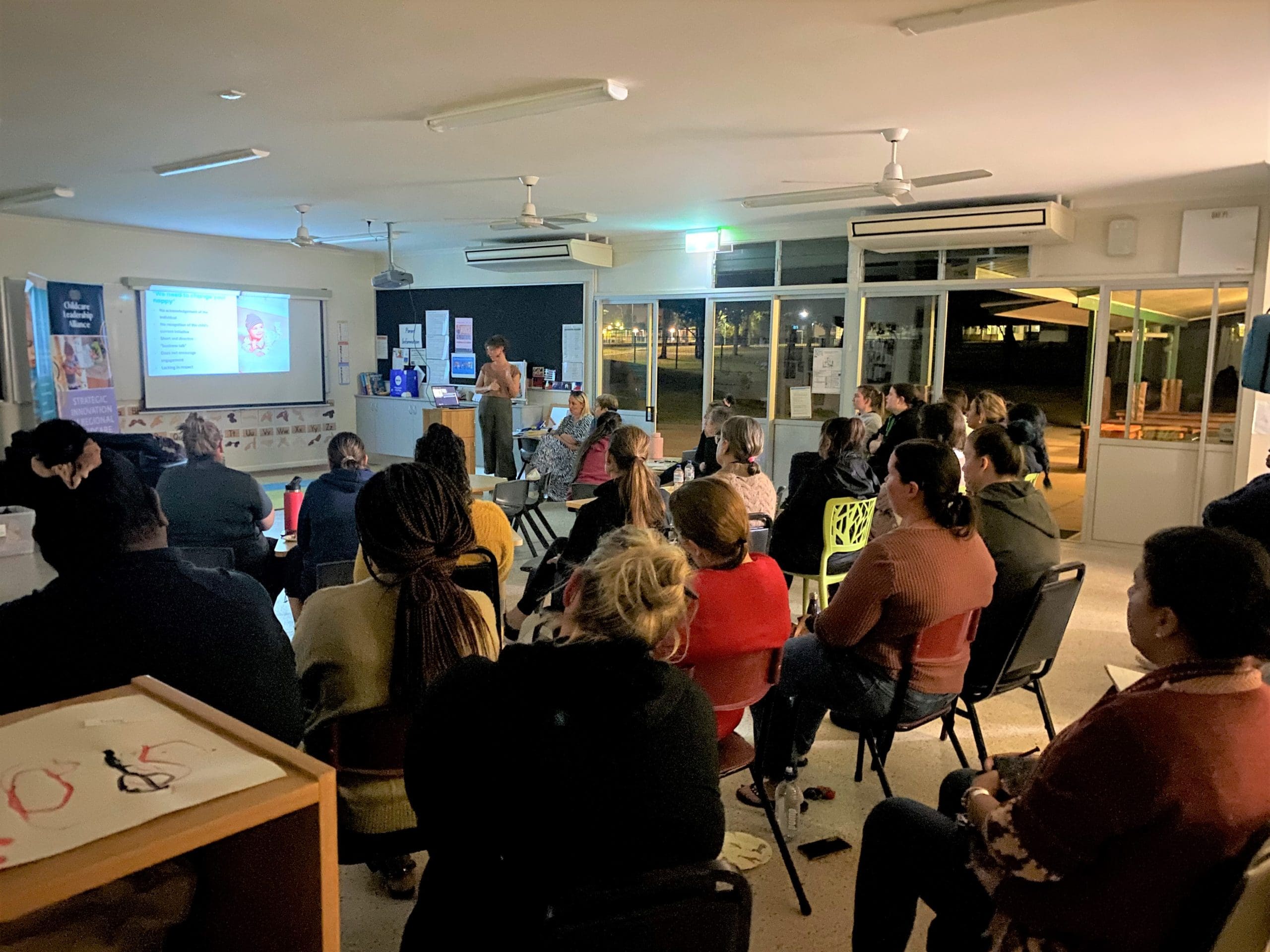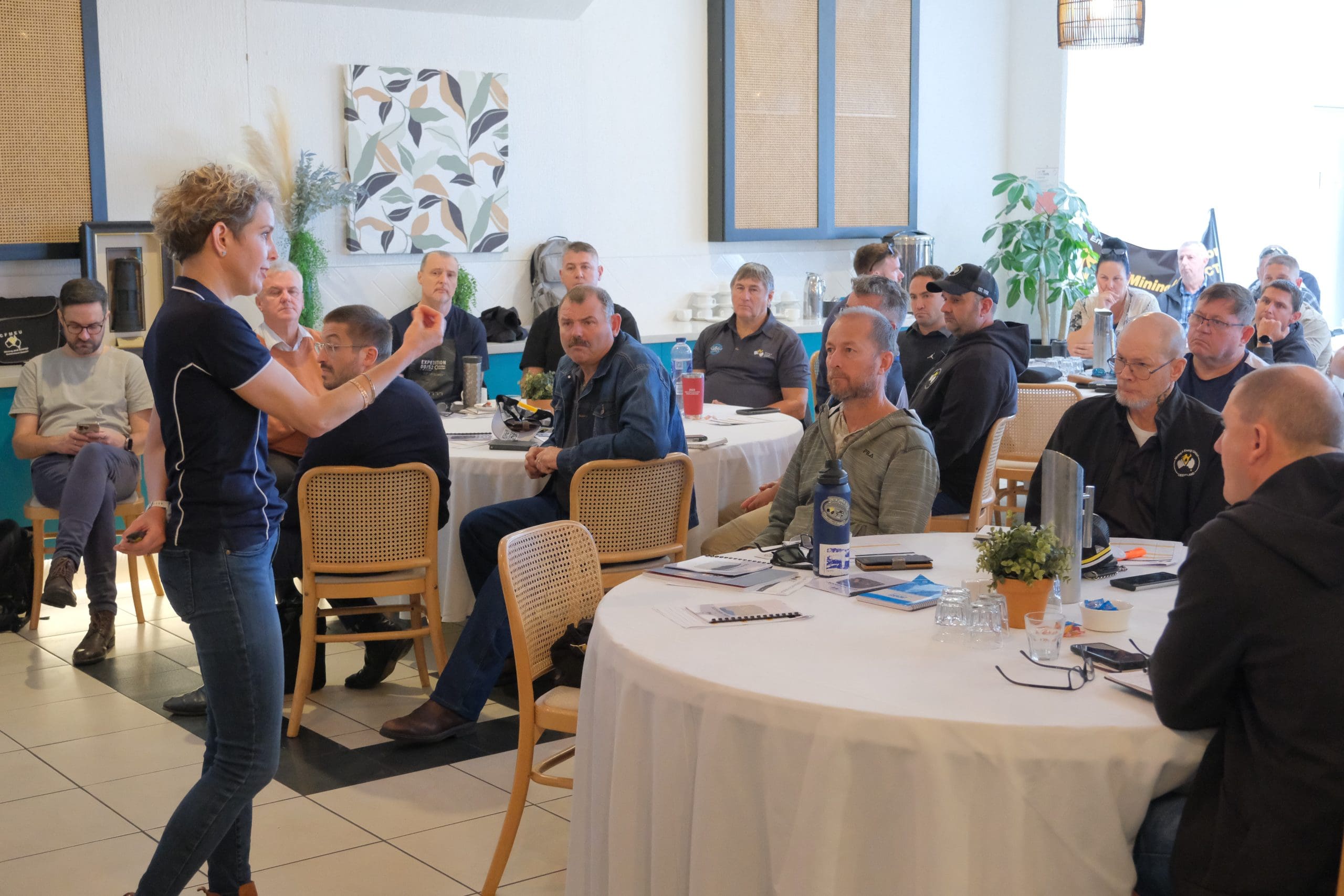Alcohol is the most widely used social drug in Australia and is a significant part of our country’s cultural identity. We use it to celebrate, to relax after a hard day’s work, and to relieve stress and anxiety. But what if your drinking is getting out of hand? Where can you go for help?
Don’t get us wrong, the team at @ The Coalface are as much a fan of a beer or two as most of you reading this. But we are aware that for some people, a little tipple can lead to full blown topple. That’s why we believe this is an important story to share. What you take out of it is completely up to you.
Alcoholics Anonymous (AA) is a fellowship of people who share their experience, strength and hope with each other so that they may solve their common problem and help others to recover from alcoholism.
The only requirement for membership is a desire to stop drinking. There are no fees for membership as they are self-supporting through their own contributions.
Formed in 1935 in the US, it was first established in Australia in 1945 and every week nearly 2000 meetings are held around the country.
Anonymity is the foundation of their fellowship and assures members that their recovery will be private. Which made it a privilege to have two members come forward to share their stories with @ The Coalface, with the aim of helping others who might be struggling with alcohol addiction.
‘Tony’ and ‘Sam’ are both FIFO workers. Whilst the paths they have taken are very different, what they do have in common is that at the most desperate time of their lives, when addiction had destroyed almost everything, they both turned to AA.
Tony started drinking at the age of 13. From the beginning, he found himself unable to stop at a few drinks, each time drinking more and more until he was completely obliterated. “I didn’t have an off switch,” Tony shared.
He entered AA at age 24 and remained sober for fifteen years. However, when he moved to Australia and ran in to the heavy drinking culture his sobriety was put to the test.
“I remember being at work and having someone say to me that you can’t trust a guy who doesn’t drink. There was plenty of stuff like that. I was still attending meetings, but I was picking holes in everything, looking for an excuse to start drinking again.”
Telling himself that it would be different now he was older, he bought a four pack of beer and that’s all it took for alcohol to take over his life again, this time for 13 years. During those years Tony still managed to keep working, but his marriage dissolved, and his mental health steadily declined.
Luckily, he found himself at AA again thanks to a friend coaxing him into attending a meeting. Tony said that friend saved his life.
“By then I had lost all my sense of worth, and I was full of self-pity. I really didn’t think there was anything left to salvage. But my friend got me to go to meetings and I started working the steps again. I got a sponsor and for the next year just focused on recovery and working on myself.
“AA has helped me break the chains of my addiction and I wouldn’t trade it for anything. Even as a FIFO worker, it doesn’t matter where I go, I can always find a meeting when I need it.”
Sam came from a family where drinking wasn’t only accepted but encouraged. Parents, grandparents, family friends, alcohol was all around her and offered to her from an early age.
At fifteen Sam had her first backout, woke up feeling incredibly sick and only had snippets of memory of the night before. Yet she went straight back to drink again.
“I loved everything about drinking. I loved the taste. I loved the effect. The numbness and not worrying about anything,” said Sam.
She began to hang around older people, where drugs and alcohol were in full supply and her drinking escalated. Despite having children, Sam spent the next dozen years chasing one thing. The drink.
“I couldn’t be around people that didn’t drink, I had no social skills, I didn’t care about people, I only cared about drinking.”
Even when she began working in FIFO, Sam’s drinking continued. It was always at the forefront of her thoughts.
“One of the worst parts is the mental obsession, thinking about when your next drink is, how to hide how much you are drinking from the people around you. It controls everything.”
Fast forward to many years later and it all came to a head when Sam attended an AA meeting with a partner. She wasn’t there for herself because she didn’t think she belonged there. As she listened to other people’s stories, Sam came to realise and accept that she was an alcoholic.
Just like Tony, and the other millions of members, AA slowly helped Sam turn her life around. It was a long road and wasn’t easy, but with time she repaired relationships with family and friends, and most importantly, repaired herself.
“I learned to finally love myself and from that I could start to love life. Now I couldn’t be happier, and I don’t even think about drinking anymore.”
Both Sam and Tony have not only turned their lives around, but they both now actively work to help others do the same. By sharing their experiences, they also hope to encourage others to start their own journey into recovery.
They also do what they can to help change attitudes around them, helping people to understand that drinking doesn’t make you a bad person, it’s a disease that can affect anyone.
Having both been in the industry for a long time, Sam & Tony also shared how they’ve witnessed positive changes in the drinking culture on sites, as a lot of companies become more proactive about promoting healthy lifestyles.
“It’s also great to see that the stigma around asking for help is disappearing,” said Sam. “That’s so important. Pick up the phone, talk to a friend, just share with someone. As soon as you expose the problem to the light you can start to work on it.”
So when is drinking a problem? Perhaps you find yourself binge drinking every weekend? Can’t enjoy dinner without a bottle of wine? Or can’t drive past the bottle shop without grabbing a long neck?
There’s no right or wrong answer but Tony sums it up the best.
“If you think you have a problem, then maybe you do.”
| To learn more about Alcoholic Anonymous go to www.aa.org.au |











